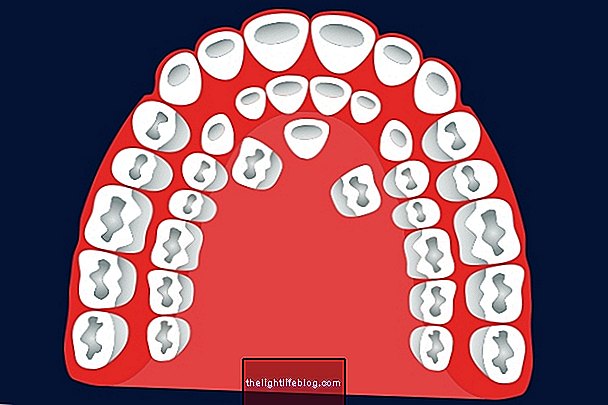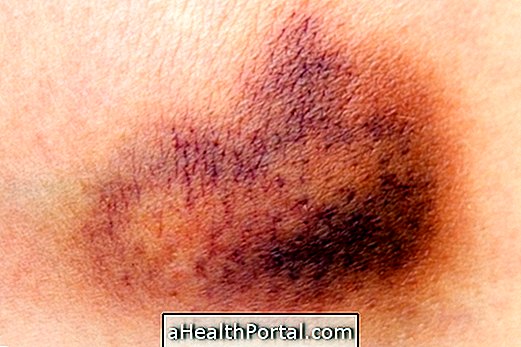The treatment for labyrinthitis is done with medicines such as Vertix, Cinarizine and Meclizine Hydrochloride, for example, which should be indicated and used as directed by the otolaryngologist or neurologist.
Labyrinthitis is a disease characterized by bouts of dizziness, headache and frequent feeling of faint that can be treated according to its cause, usually resolved within 60 days.

Remedies for labyrinthitis
The remedies to treat labyrinthitis should be indicated by the otorhinolaryngologist or the neurologist, the most indicated being:
- Vertix (Flunarizine Hydrochloride), which fights neurological symptoms;
- Dimenhydrinate and Promethazine ;
- Stugeron (Cinarizine) - Cinnarizine can be found in pharmacies with the names of Stugeron, Antigeron, Cinarix, Cinazon, Vessel, Stugerina, in addition to its generic version;
- Ginkgo Biloba, a great home remedy to improve blood circulation;
- Meclin (Meclizine Hydrochloride), which fights nausea and dizziness.
These medicines are the most prescribed by the doctor, however it is important that there is guidance on how to use as it can vary from person to person and according to the cause that is causing labyrinthitis.
Home treatment for labyrinthitis
The home treatment for labyrinthitis is done without the use of medications, being indicated to eat every 3 hours, avoid white sugar and honey, avoid caffeinated beverages, do regular physical activities and avoid industrialized foods.
Industrialized foods contain dyes and preservatives that can trigger a labyrinthine crisis, and should therefore be avoided by giving preference to natural food and healthier living habits.
Learn how to avoid labyrinthine seizures.
Homemade medicine
A good home remedy for labyrinthitis is ginkgo biloba tea, which will improve blood circulation and may help fight the symptoms of the disease. But this does not exempt the need to take the medicines prescribed by the doctor, since labyrinthitis can have several causes.
Main symptoms of labyrinthitis
The symptoms of labyrinthitis can last for a few hours or even days, interfering in the person's day-to-day life. The main symptoms of labyrinthitis are dizziness, headache, feeling faint, cold sweat, hearing difficulty, tinnitus and pressure in the ears.
In addition, the person may feel anxious, have difficulty walking straight, pallor and vomiting. To combat the symptoms of labyrinthitis, the doctor should do a thorough investigation and identify if it really is a labyrinthitis and indicate the best form of treatment, which may vary from person to person. Learn all about labyrinthitis.
























